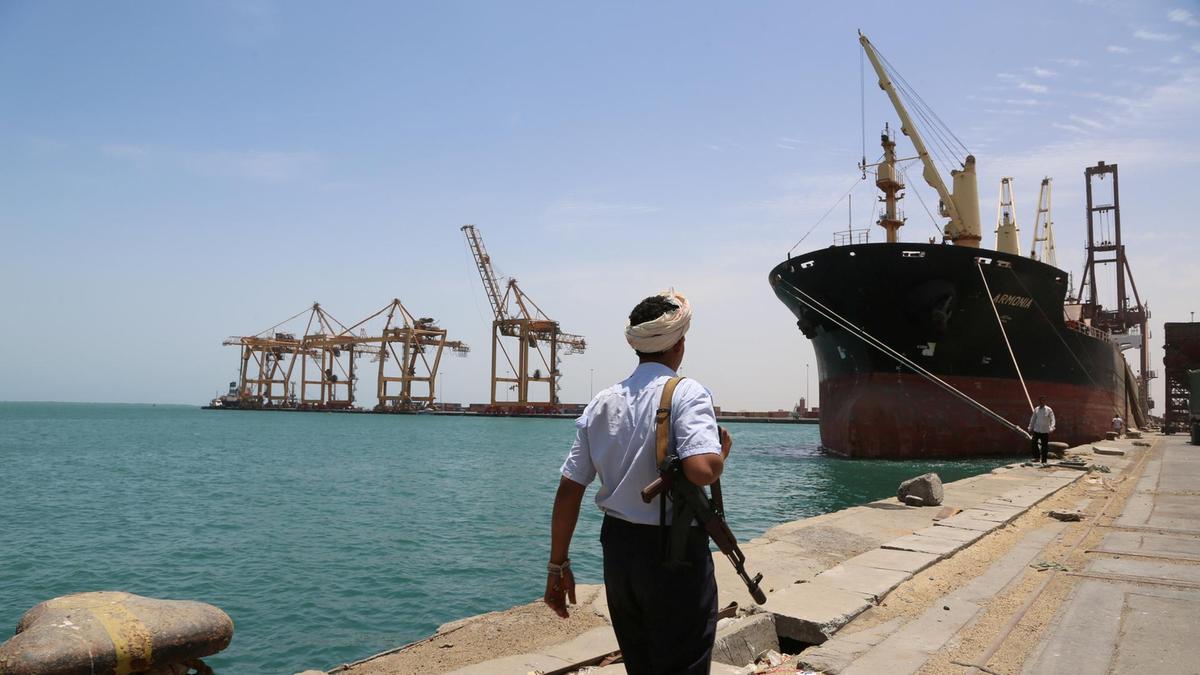Today in Yemen, Saudi-led forces launched an incredible attack on the port city Hodeidah. The city is the main avenue for receiving imports, from food to medical supplies. Fighting in the city could put the millions who receive supplies in danger, along with the estimated 600,000 persons who live in the city itself.
“Ninety per cent of the food and medicines that are consumed in Yemen are imported and seventy per cent of those imports go through Hodeidah. Seven million people are completely reliant every month on food, and more than 7 million on other assistance, from humanitarian organizations,” said United Nations Relief Chief and Humanitarian Coordinator Mark Lowcock.
The attack came after the Saudi-led coalition gave Houthi rebels who currently control Hodeidah, of a 48-hour warning prior to the attack for them to withdraw from the city. The coalition intends to regain control of the port city for “the complete victory for the liberation of all the Yemeni lands,” said the Yemeni government backed by the Saudi coalition in a statement.

However, U.N. members have raised extreme concerns for the humanitarian results that could come from the attack. U.N. Special Envoy to Yemen Martin Griffiths remarked in a statement: “I cannot overemphasize that there is no military solution to the conflict.”
Not only will the attacks slow humanitarian efforts seeking agreements for peace in Yemen, but it will also limit access to vital supplies in Yemen. U.N. Refugee Agency chief Filippo Grandi said:“It’s not just the humanitarian access which has been on and off, but is also more important, access of goods through trade. Fuel, food, medicines, at least these three big areas. And I think that fighting will make it more difficult for that access to happen.”
Since fighting has escalated between Houthi rebels and pro-government Saudi-backed forces in March 2015, Yemen has been in a severe humanitarian crisis, resulting in about 10,000 people dead, ⅔ of which were civilians. The conflict has left 22 million people living in Yemen dependent on humanitarian assistance. Prior to the conflict, the country was still highly dependent on imports as it ranked at one of the poorest countries in the world.
Spokesman to the Secretary-General Stéphane Dujarric commented in a press briefing today that U.N. Secretary-General António Guterres had not yet received a letter from the President of Yemen about the attacks. However, Security-Council consultations about Yemen will be occurring tomorrow, as requested by the United Kingdom.












